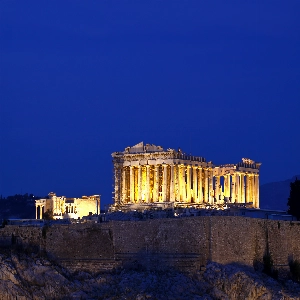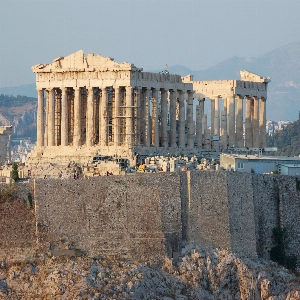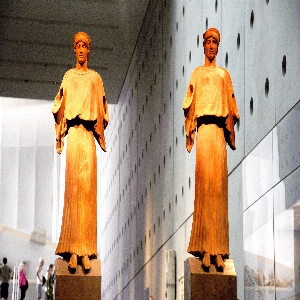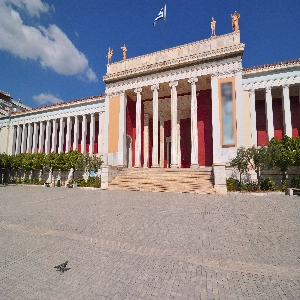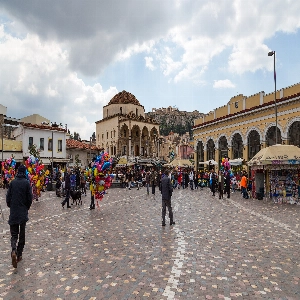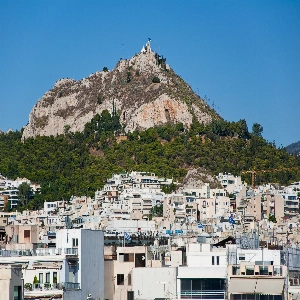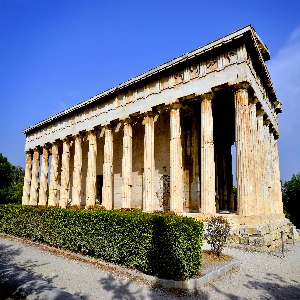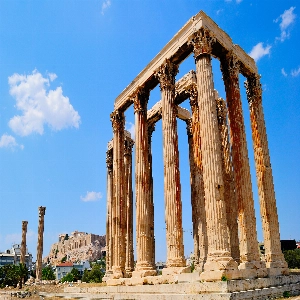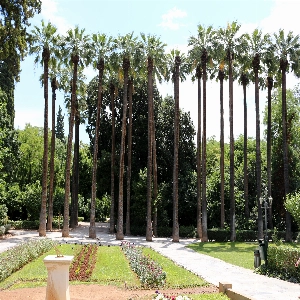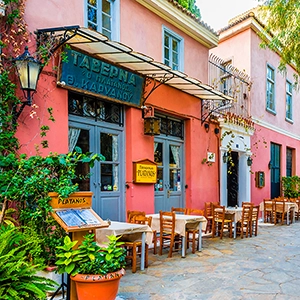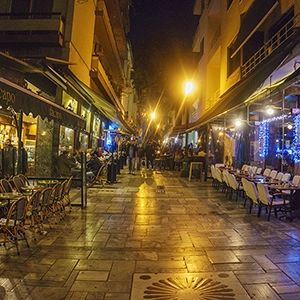Discover The Heart Of Ancient Athenian Democracy: The Ancient Agora Of Athens

In a bustling ancient city like Athens was 3,000-odd years ago, people shopped at the open air market, the Agora, for food, fabrics, jewellery; the things they needed and desired. Busy, but less crowded with buildings, the Agora was a place for Athenian citizens to shop and mingle, catch up with friends, and get chores done. Today, it is more of an open area, and it serves as no surprise that the fear of open spaces, in modern times, is known as “agoraphobia”. We obtained a great deal of our language and culture from ancient Greece and Athens.
Agora, as it was in classical times, meant “open place of assembly”, and was structured very much like a modern town square, with an open section in the middle, surrounded by various permanent structures; the open space was originally utilized for public meetings and gatherings requested for civic declarations, as well as a location for muster, especially military. But its configuration was clearly suitable for what we might call pop-up stores, or temporary shops, which, combined, formed a market. This was both a place to purchase goods and foodstuffs as well as a social meeting spot.
Situated northwest of the Acropolis, the site began being excavated in 1931, and continues to this day, with artefacts and buildings slowly being unearthed. Unlike the mighty Acropolis above, the Agora has lost many of its structures (at one time it contained a mint, several temples, statuary and monuments, and a library, among other buildings, and a speakers’ platform). No one can be sure if all of it will ever be restored. But the sense of citizenry and cohesion remains; it is a significant place to experience when visiting Athens.

